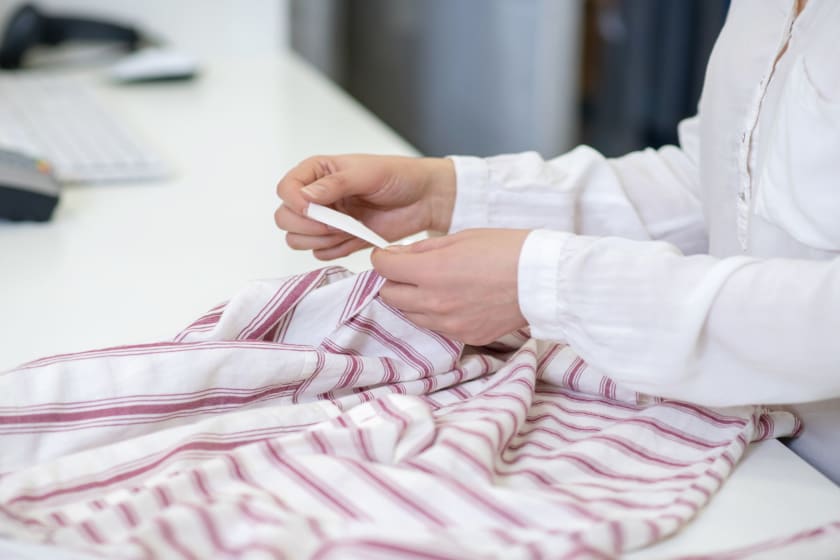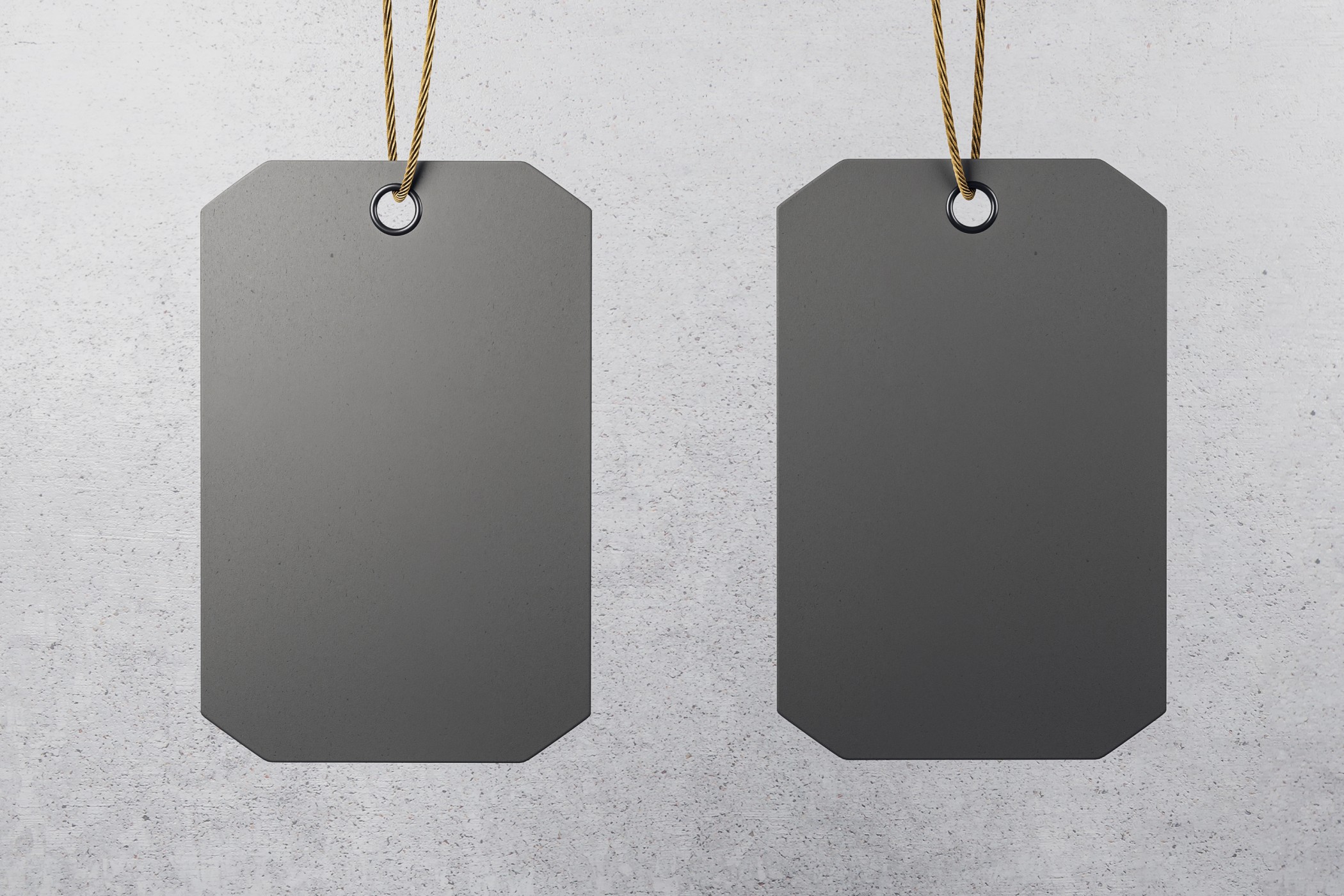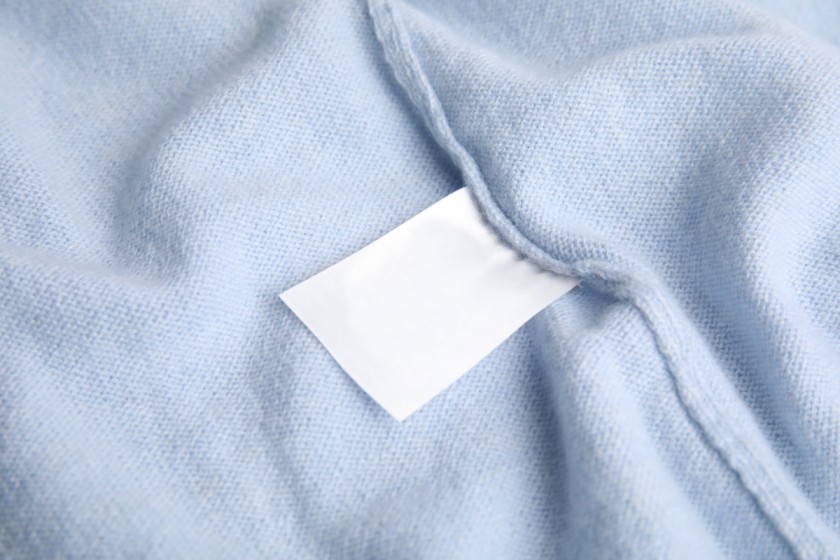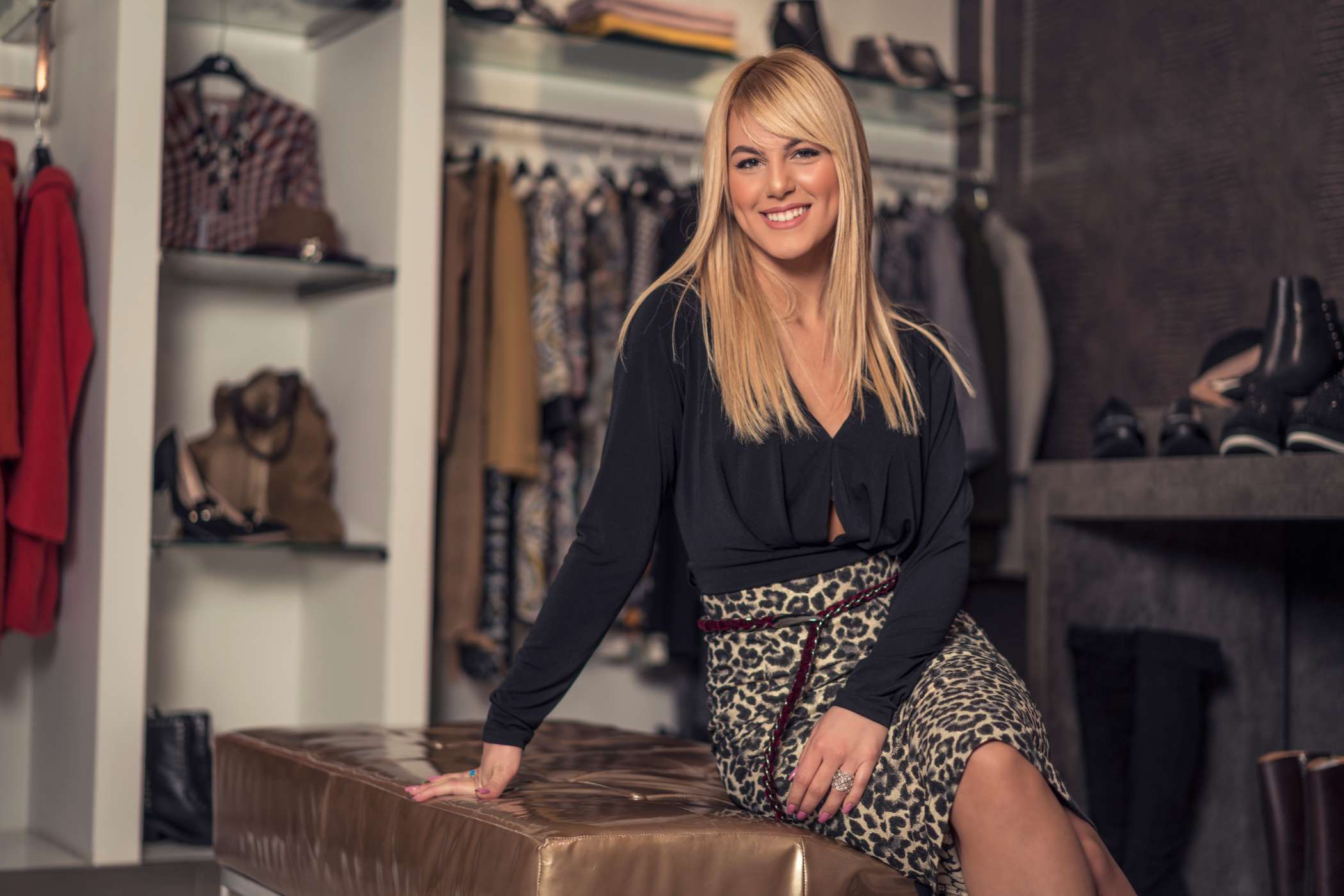How Do I Start a Private Label Clothing Line?



Starting a new business can be both exciting and challenging. Comprehensive research, accurate strategy, and effective marketing are some essentials for a successful business model. Fashion in general, and apparel or clothing in particular, is one of the most lucrative and fast-growing industries around the world. It has a massive demand, both in physical and online stores.
Clothing is one of the three traditional basic needs. However, apart from the need, people buy clothes for various reasons. The trends in the fashion industry evolve constantly, and people like to keep up with the newest trends. They want to belong to a specific social circle, stand out among others, or look like their favourite celebrities.
Thanks to the increased convenience of online shopping, a vast range of options, attractive deals, the appeal of instant gratification, and increased disposable income, people buy clothes simply because they are bored or looking for a pastime. Moreover, shopping for clothes or other fashion items online also equates with rewarding one’s self or expressing self-love and appreciation.
If you have selected the apparel industry as the niche of your new business, or if you already own a boutique or an online clothing store, you can be involved in the manufacturing and selling process at different levels and with different intensities. You could choose to design, develop, test, and manufacture your unique branded clothes from scratch and sell them directly to the end-users. On the other hand, you could procure finished branded apparel and resell them to your customers. Alternatively, you could go for the third option and seek the more profitable middle ground.
Private label clothing is a buzzword among the bold, new age entrepreneurs today. When it comes to running a private label clothing business, you will have to find a private label manufacturer who will provide you with unbranded products consistent with your requirements and specifications. The unbranded apparel can be subsequently customized using your exclusive brand name, logo, packaging material, and design.
Thus, you can offload a significant chunk of your production process to an experienced private manufacturer, optimize your expertise, and get ready to sell the private label clothing with your brand name with minimum hassle. This can turn out to be a substantially cost-effective and less time-consuming venture. So let us understand what private label clothing means, how it works, and what are the advantages of starting a private label clothing line.
c

Private label clothing refers to the apparel manufactured by one company or third party manufacturer to be branded and sold by another entrepreneur or company. Most private label clothing brands are managed and marketed by a retailer for sale in a specific digital or brick-and-mortar store or chain of stores. Often, they offer economical alternatives to well-established regional, national, or international brands without compromising on the quality.
Private label clothing retailers achieve this by optimizing the production based on consumer demands, better organizing and controlling the supply chain, and redirecting or limiting the advertising costs. Private label retailers do not have to invest in grand scale manufacturing facilities, dedicated designers and quality assurance personnel, or a specialized supply chain. However, at the same time, the retailers get to specify their expectations and control all aspects of production, packaging, pricing, and marketing.
For example, a retailer can direct their third-party manufacturer regarding the raw materials, design, quality, and production rate. Selling private label clothing can be advantageous for retailers who already have an established audience. Private-label merchandise means higher margins for retailers, while it means innovative products with affordable pricing for consumers.
At the same time, the third-party manufacturers, who create the stock products to be sold by the retailers under their private label, can maximize their profits by solely focusing on the manufacturing process. They do not have to worry about marketing, branding, or retailing the goods they produce.
Most private label clothing retailers attract their customers by also including a vast inventory of national and international brands. However, a significant portion of their profits is generated by private labels or store brand merchandise. Amazon Essentials, Goodthreads, Daily Ritual, Lark & Ro, Mae, Buttoned Down, etc., are some top private label clothing brands sold by Amazon. Myntra sells a number of private-label apparel, including Roadster, HRX, Mast & Harbour, Dressberry, Moda Rapido, All About Your, etc.
Private Labelling v/s White Labelling
Though similar to and often confused with ‘white labelling’, private labelling essentially differs in terms of product design and quality. In a private label relationship, the retailer determines the characteristics and specifications of the products to be manufactured. As a result, the third-party manufacturer creates an exclusive product for a specific retailer for their specific target audience. However, when it comes to white labelling, a single contract manufacturer may sell the same generic products to multiple retailers to be sold under their different brands. Therefore, private label clothing resonates not only with low prices but also with value, cutting-edge trends, specialization, and innovation.
Steps for Starting a Private Label Clothing Line
Understand the Market
The apparel industry has been growing steadily and exponentially; however, it can be as volatile and unpredictable as it is prevailing and popular. The first step towards starting your private label clothing line is to understand your market. This involves identifying your potential customers, analyzing competition, and determining growth opportunities. It is essential to identify the gap in the market and assess the possibility of creating the need for your unique product. If you can come up with something new and fresh that people would love to flaunt, that can be your anchor in the marketplace.
Identify Your Niche
Clothing is one of the highest selling products on the internet. However, determining your niche can help create a cohesive look for your entire private label clothing brand. Moreover, you can implement highly targeted marketing strategies if your goal is clear. You can focus on trendy party wear or comfortable nightwear and loungewear, breathable fitness and sports clothing or formal dresses for men and women. Even wedding dresses or kids’ clothes are some of the most sought-after clothing categories. Moreover, cruelty-free or environmentally friendly apparels are some of the coolest niches to consider too. In due course, you can pivot and introduce newer concepts; however, your fundamental philosophy and inspiration should be substantial and worthwhile.
Create a Business Plan

A concrete and well chalked out business plan acts like a map or a guiding principle for your business. In a business plan, you can include an overview of your business, your market analysis data, goals, and an executive summary describing your operation plans to start, establish, and scale up your private label clothing line. Most importantly, it should highlight your business’s current financial position, budgetary requirements, and strategy to spend the funding and turn it into profit for everyone involved. Be it for securing funding or registering your business, a solid business plan can kick-start your commercial adventure.
Find Your Manufacturer
Once you have identified your niche and secured the funding, you can connect with different manufacturers or suppliers who offer private labelling. You can inquire about the minimum order quantity, sample pricing, production pricing, turnaround time, and payment terms and request a quotation from the shortlisted manufacturers. You can negotiate and reach an agreement and eventually proceed with holding the stock and setting up the account with one or more manufacturers.
Sample the Products
When it comes to starting a private label clothing line, you can provide the manufacturer with your specific requirements and have them prepare a sample for you to examine. Ensuring that the manufacturer can meet your quality standards and expectations is of utmost importance, as the image and impression of your private label rest upon maintaining the quality. Once you are satisfied, you can go ahead with finalizing your private label agreements. They help define the terms and conditions of this liaison, legalize the process, and confirm the originality and authenticity of the apparel being sold.
Create and Launch Your Private Label
Once you have established the source for your apparel, you can create your own unique private label. You can customize it with your distinct branding, striking logo, and uniform packaging style, which will help create your brand’s identity and engrave it in the minds of your customers. This will let you stand out from your competitors and increase returning customers. You can then set up a physical or online store or launch your new private label in your existing store. With the help of various marketing and product merchandising techniques, you can reach out to your potential customers and encourage purchase.
Product Merchandising
This is equally essential for an established international brand and a newly introduced private label. If you own a boutique or a physical store, you can display your private label clothing creatively, using attractive colour schemes, cheerful lighting, soothing music, and eloquent window exhibits; thus creating an environment that will drive sales. You can upload appealing product images with informative and engaging product descriptions on your e-stores. You can advertise your private labels through social media or launch campaigns to create brand awareness. Moreover, setting the prices high enough to make a decent profit, but not very high to deter your customers, is also vital.
Wrapping Up
Launching a private label clothing line comes with various advantages, such as control over the production process and pricing strategy, adaptability to the rising market demands or new trends, and control over branding and marketing. Determine what you want to sell, find a compliant manufacturer, and start selling the products with your branding and logo on them.



















